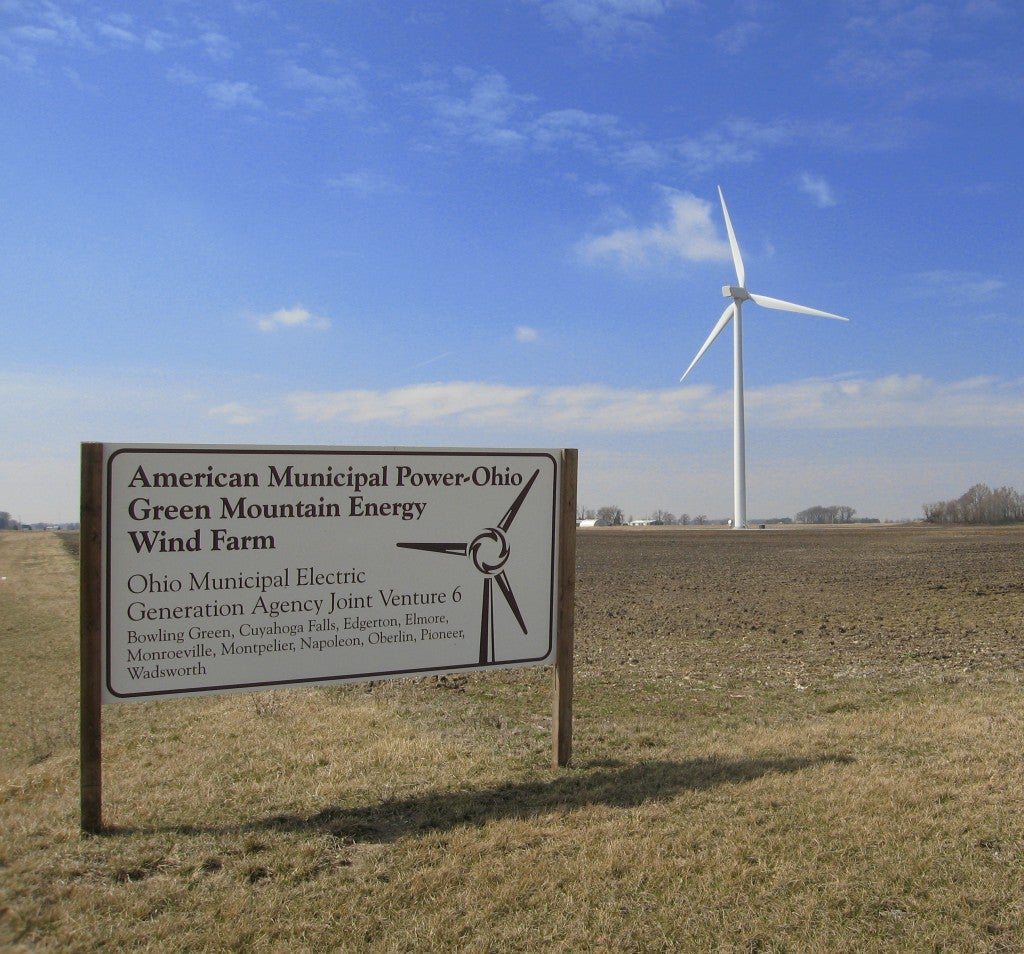This commentary was originally posted on our EDF Voices blog.

Source: ali_pk/flickr
Renewable energy enjoyed a record year in 2012 – the U.S. wind industry surpassed 50,000 megawatts of electrical power generation capacity and solar proved once again to be the fastest growing energy source in the United States. That’s a milestone worth celebrating, since greater use of clean, homegrown energy resources creates jobs, cuts foreign oil imports, stabilizes prices, makes our system more resilient and reduces harmful pollution. The list of benefits is vast. So who could possibly be upset?
Well, some utilities that own old and often dirty fossil fuel power plants are upset that renewables are making it harder for their older, polluting units to stay in business. Then there are oil and gas industry association leaders like American Petroleum Institute (API) president Jack Gerard, who often talk about wanting a “level playing field” – implying that policies promoting renewable energy are unfair to fossil fuels.
Don’t be fooled. Renewable investments pale in comparison to the amount of money poured into fossil fuel companies since 1918 to fatten their bottom lines and crowd out competition. Fossil fuels have received around 75 times more subsidies than clean energy. Up to 2011 (adjusted for inflation), the oil and gas industry received $446.96 billion in cumulative energy subsidies from 1994 to 2009, whereas renewable energy sources received just $5.93 billion. An industry that has been enjoying federal tax subsidies for over a century has no standing to argue for a level playing field.
Heavily subsidized fossil fuels may have made sense 100 years ago, when we were racing to build the energy infrastructure of the last century. But today we’re racing to build the clean energy infrastructure of the new century — and we need to support a new set of industries. And we’re making real progress.
So it is no surprise that we are seeing a well-funded, industry-backed effort to roll back the policies that have been so successful in developing and deploying renewables. Take, for example, the latest assault on a series of state laws around the country that have increased the amount of clean, renewable energy these states produce.
Front Groups do the Dirty Work for Oil and Gas Industry
So far, 29 states have implemented Renewable Portfolio Standards (RPS) programs that require increased production of energy from renewable sources such as solar, wind, geothermal and biomass. They’ve been adopted in red states and blue – from California to Texas to Maine – through democratic processes and with popular support. RPS programs have helped jumpstart an industry that is spurring economic development, creating American jobs, boosting energy independence and cutting our carbon footprint.
A Bloomberg article released last week details how the oil and gas industry, through some self-described free market organizations that they fund, are trying to engineer a legislative massacre of these policies in more than a dozen states.
The groups may sound familiar: American Legislative Exchange Council (ALEC), which is currently pushing legislation around the country that would mandate the teaching of climate change denial in public school systems, and The Heartland Institute, which ran a billboard campaign last year comparing global warming “admitters” to Osama bin Laden and Charles Manson. Both have long opposed sensible energy policies. And their funders will sound familiar, too: the oil, gas and coal industries and their owners like the Koch Brothers.
Read More »













